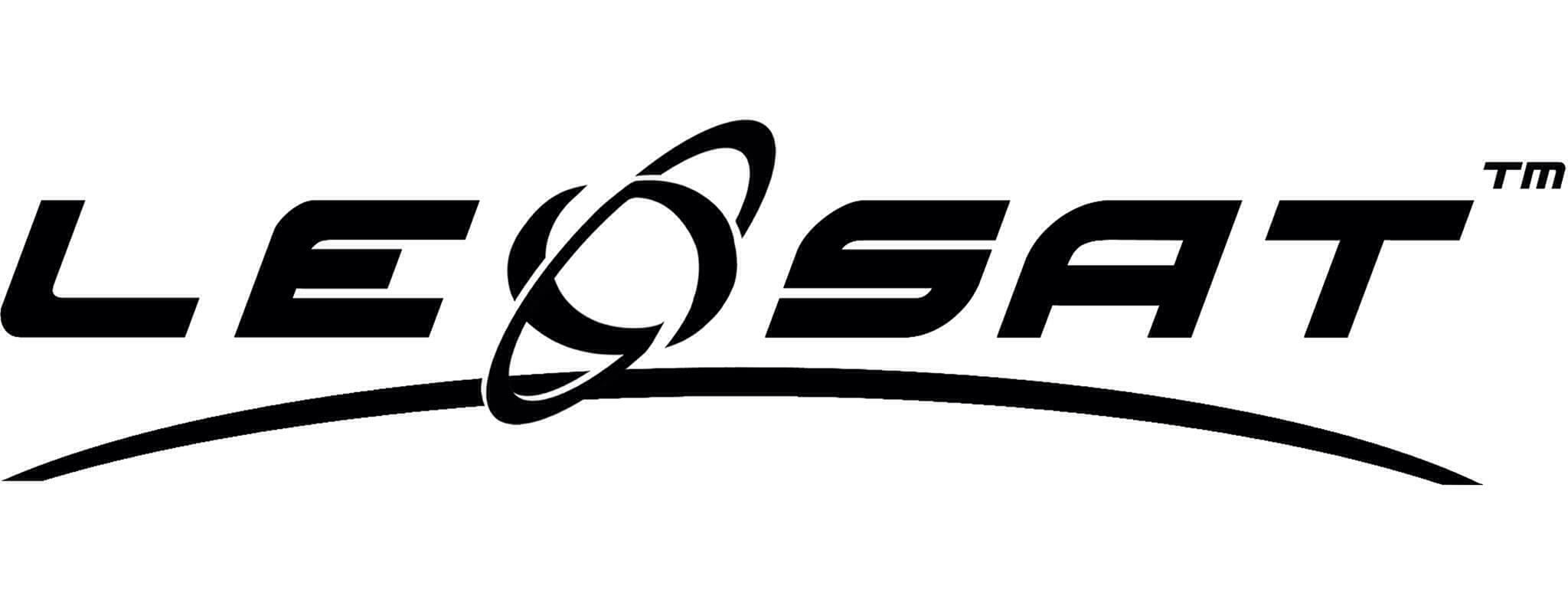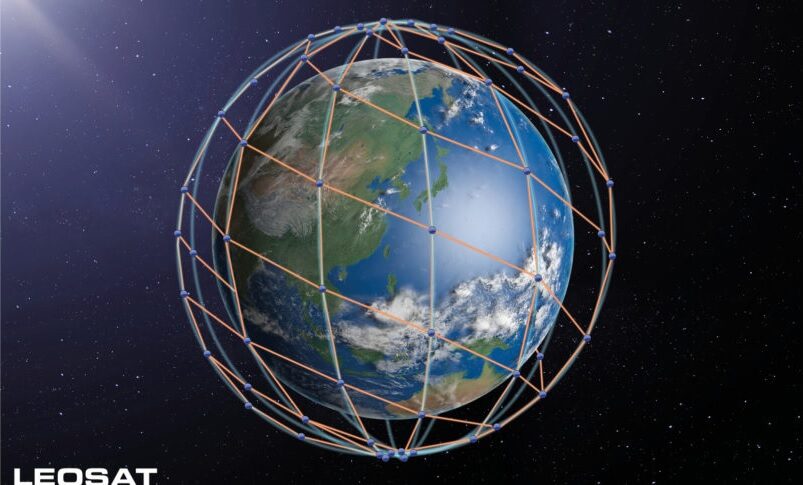Sky Perfect JSAT Corporation (SJC), the leading Asian Fixed Satellite Service (FSS) operator in the geostationary arc, has announced that it will invest in LeoSat, a start-up operator developing a low Earth orbit (LEO) data services satellite constellation. The value of the SJC investment has not been revealed. SJC’s investment will enable LeoSat to begin its Series A round of financing. It is reportedly hoping to raise US$100 million in this first round.
The LeoSat constellation is designed to utilise up to 108 satellites, organised into six planes, to provide low-latency, high-speed data services for the commercial and government sectors. The constellation will offer Ka-band electronic and “optical” data services with global coverage. LeoSat has linked itself to Thales Alenia Space, basing the designs of its spacecraft on Thales’s established LEO platform, the ELITEBUS.
The move is the latest in a trend in non-geostationary Earth orbit investment by major GEO operators. It follows plans announced in February by Intelsat to merge with the OneWeb project, in conjunction with an aggregate US$1.7 billion investment by multinational telecoms company, Softbank Group Corp.
Last year SES completed its takeover of O3b Networks, acquiring its fleet of MEO (medium Earth orbit) satellites.
The Canadian spacecraft operator Telesat has already announced its intention to develop a Ka-band, LEO constellation.
Of the “Big Four” FSS operators, only Eutelsat has so far refrained from diving into the increasingly busy world of non-GEO services. Instead Eutelsat seems to be aligning itself with upcoming GEO power, Viasat Communications, and its VHTS (very high throughput satellite) technology anchored around the promised 1 Tbp/s, VIASAT-3 satellites.
…meanwhile LEO operator Globalstar looks for a buyer
The management of Globalstar, US operator of the LEO satellite communications network, is reported to be working with financial advisors on a potential sale of the firm. Shares in the company climbed following the announcement last week, giving the company a potential value of US$2.5 billion.
While the firm’s voice service business has only limited growth potential, prospects for its data service received a fillip when it received permission from the US Federal Communications Commission (FCC) in December to carry broadband communications. Working with ground repeaters, this means it could service non-specialist smart phones.
David Todd contributed to this story.









